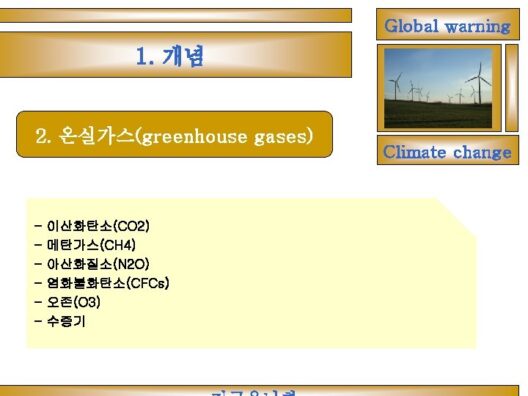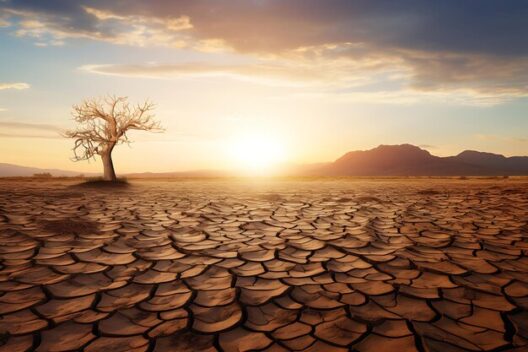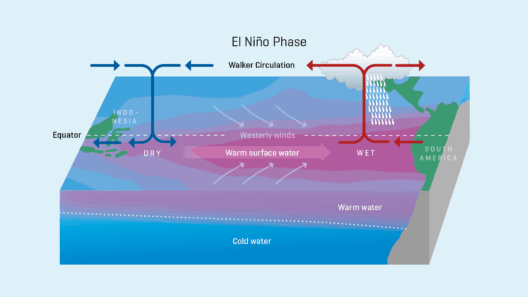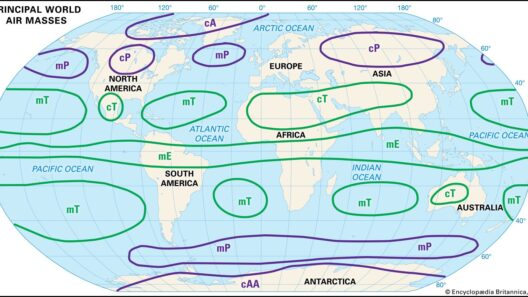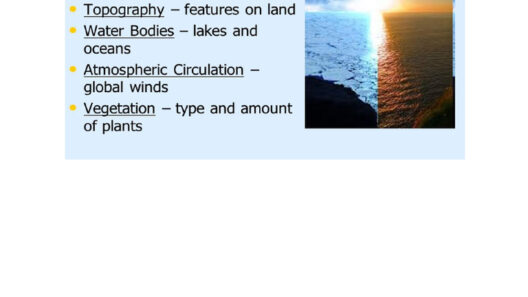Climate change has emerged as one of the most pressing issues of our time, demanding urgent attention from political leaders worldwide. The actions of former President Donald Trump during his tenure raised significant questions regarding his commitment to climate action. As we dissect the implications of his administration’s policies and rhetoric, we are compelled to ask: Will Trump do anything about climate change?
Firstly, analyzing Trump’s environmental policies provides critical insights into his perspective on climate issues. From the outset of his presidency, Trump has exhibited a pronounced skepticism towards climate science, often characterizing it as a politically motivated agenda rather than an urgent global crisis. His administration’s notable actions included withdrawing from the Paris Agreement, a landmark international accord designed to combat climate change by limiting global temperature rise. This withdrawal signaled an alarming retreat from international cooperation, undermining collective efforts to reduce greenhouse gas emissions.
This retreat was not merely symbolic. The Trump administration also rolled back numerous environmental regulations aimed at protecting air and water quality, including the Clean Power Plan, which targeted emissions from power plants. These decisions were often justified under the auspices of economic growth and job creation, yet they raised existential concerns about the long-term viability of the planet’s ecosystems. The juxtaposition of immediate economic interests against the dire warnings from scientists about the consequences of climate inaction presents a moral quandary that looms large over policy discussions.
Moreover, Trump’s approach to renewable energy reveals another facet of his climate posture. While the global market has witnessed a surge in investments towards renewable energy sources like solar and wind, the Trump administration favored fossil fuels. Investment in coal, oil, and gas production received federal encouragement, epitomizing a strategy rooted in traditional energy paradigms. The obvious contradiction lies in the substantial evidence supporting renewables as sustainable alternatives that could simultaneously generate jobs and decrease emissions. This bias raises questions about Trump’s vision for a future that must eventually transition to more sustainable practices.
Additionally, public discourse regarding Trump’s climate approach often revolves around his messaging and rhetoric. His dismissive tone regarding climate change has baffled many environmentalists and scientists alike. On numerous occasions, he has referenced “clean coal” and downplayed the threat posed by climate change, fostering skepticism among his supporters while simultaneously alienating environmental advocates. Such rhetoric reinforces a narrative that prioritizes short-term gains over long-term sustainability, contributing to societal polarization regarding climate science.
As for the grassroots climate movements that have gained momentum recently, Trump’s administration has often found itself at odds with these activists. Young climate activists, propelled by the likes of Greta Thunberg, have mobilized vast networks to advocate for urgent climate action. This grassroots insistence on accountability has highlighted the chasm between governmental policy and public sentiment. Trump’s administration has faced relentless criticism for its perceived indifference towards the youth’s demand for a livable future, raising concerns about the legacy of leadership that prioritizes electoral expediency over planetary health.
When we consider the question “Will Trump do anything about climate change?” it is imperative to factor in his post-presidential trajectory. The landscape of climate action is continually evolving; the stark reality remains that Trump’s legacy is entrenched with skepticism towards climate science and protective regulations. However, political endorsements and alliances forged in his post-presidential career could potentially influence future GOP climate policies. The question then transforms into whether this influence might catalyze a shift among Republican leaders towards more constructive engagement with climate issues.
Moreover, there exists a critical need for policy innovation within the political spectrum that transcends party lines. Although Trump’s previous administration fervently sought deregulation, the increasing visibility of climate disasters—fires, floods, hurricanes—could serve as a wake-up call for policy reevaluation. Historical evidence suggests that significant shifts in climate policy often occur post-crisis; whether Trump’s influence can pivot the Republican base towards action in the face of such crises merits close observation.
Considering the future ramifications of both climate policy and political leadership, it becomes clear that the issue of climate change necessitates bipartisan engagement. Trump’s administration illustrated the contentious nature of climate discourse; yet, it also illuminated the necessity for a collaborative strategy that will leverage diverse perspectives on climate action. An effective response to climate change must be grounded in a comprehensive understanding of ecosystem interconnectedness rather than polarized ideologies.
In conclusion, while Trump’s previous actions may indicate a reluctance to embrace climate action, the evolving political dialogue presents an opportunity for transformation. Acknowledging the urgency of the climate crisis is essential, pushing leaders towards innovative and effective solutions that transcend partisan divisions. The ultimate question remains: will former President Trump embrace this shift, or will climate action continue to be relegated to the sidelines of political discourse? Ultimately, the trajectory of climate policy will depend on the willingness of leaders, including Trump, to confront the undeniable truths surrounding climate change head-on.




